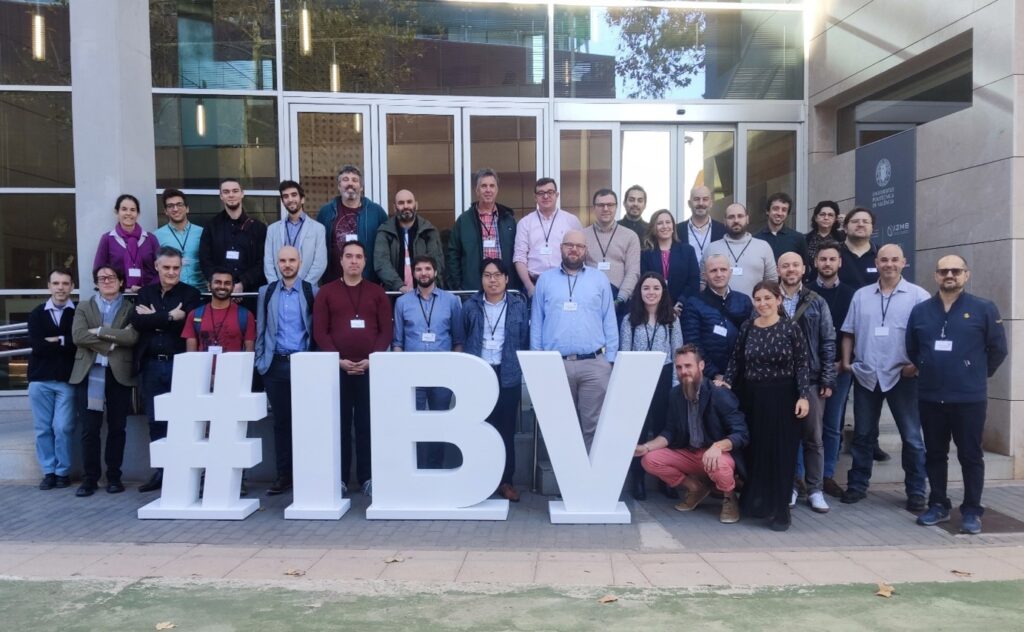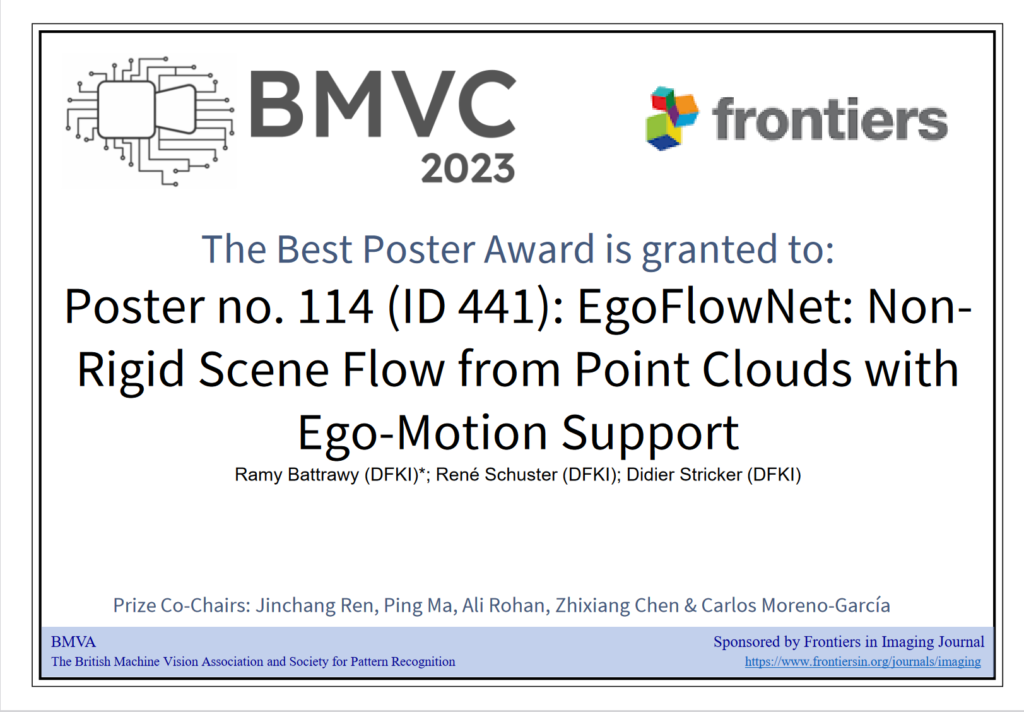The BERTHA project receives EU funding to develop a Driver Behavioral Model that will make autonomous vehicles safer and more human-like
- The project, funded by the European Union with Grant Agreement nº 101076360, will receive 7.9 M€ under the umbrella of the Horizon Europe programme.
- The BERTHA project will develop a scalable and probabilistic Driver Behavioral Model which will be key to achieving safer and more human-like connected autonomous vehicles, thus increasing their social acceptance. The solution will be available for academia and industry through an open-source data HUB and in the CARLA autonomous driving simulator.
- The project’s consortium gathered on 22-24 November for the kick-off meeting, hosted by the coordinator Instituto de Biomecánica de Valencia at its facilities in Spain.
The Horizon Europe project BERTHA kicked off on November 22nd-24th in Valencia, Spain. The project has been granted €7,981,799.50 from the European Commission to develop a Driver Behavioral Model (DBM) that can be used in connected autonomous vehicles to make them safer and more human-like. The resulting DBM will be available on an open-source HUB to validate its feasibility, and it will also be implemented in CARLA, an open-source autonomous driving simulator.
The BERTHA consortium is formed by 14 partners from 6 different countries, coordinated by Instituto de Biomecánica de Valencia (IBV) (ES). The other partners are Institut Vedecom (FR), Université Gustave Eiffel (FR), German Research Center for Artificial Intelligence (DE), Computer Vision Center (ES), Altran Deutschland (DE), Continental Automotive France (FR), CIDAUT Foundation (ES), Austrian Institute of Technology (AT), Universitat de València (ES), Europcar International (FR), FI Group (PT), Panasonic Automotive Systems Europe (DE) and the Korea Transport Institute (KOTI).
The project celebrated its kick-off meeting on November 22nd to 24th, hosted by the coordinator Instituto de Biomecánica de Valencia (IBV) at its offices in Valencia, Spain. During the event, all partners met each other, shared their technical backgrounds and presented their expected contributions to the project.
The need for a Driver Behavioral Model in the CCAM industry
The industry of Connected, Cooperative, and Automated Mobility (CCAM) presents important opportunities for the European Union. However, its deployment requires new tools that enable the design and analysis of autonomous vehicle components, together with their digital validation, and a common language between Tier vendors and OEM manufacturers.
One of the shortcomings arises from the lack of a validated and scientifically based Driver Behavioral Model (DBM) to cover the aspects of human driving performance, which will allow to understand and test the interaction of connected autonomous vehicles (CAVs) with other cars in a safer and predictable way from a human perspective.
Therefore, a Driver Behavioral Model could guarantee digital validation of the components of autonomous vehicles and, if incorporated into the ECUs software, could generate a more human-like response of such vehicles, thus increasing their acceptance.
The contributions of BERTHA to the autonomous vehicles industry and research
To cover this need in the CCAM industry, the BERTHA project will develop a scalable and probabilistic Driver Behavioral Model (DBM), mostly based on Bayesian Belief Network, which will be key to achieving safer and more human-like autonomous vehicles.
The new DBM will be implemented on an open-source HUB, a repository that will allow industrial validation of its technological and practical feasibility, and become a unique approach for the model’s worldwide scalability.
The resulting DBM will be translated into CARLA, an open-source simulator for autonomous driving research developed by the Spanish partner Computer Vision System. The implementation of BERTHA’s DBM will use diverse demos which allow the building of new driving models in the simulator. This can be embedded in different immersive driving simulators as HAV from IBV.
BERTHA will also develop a methodology which, thanks to the HUB, will share the model with the scientific community to ease its growth. Moreover, its results will include a set of interrelated demonstrators to show the DBM approach as a reference to design human-like, easily predictable, and acceptable behaviour of automated driving functions in mixed traffic scenarios.

Contacts: Dr. Jason Rambach (DFKI AV)
Dr. Christian Müller (DFKI ASR)
Igor Vozniak (DFKI ASR)

